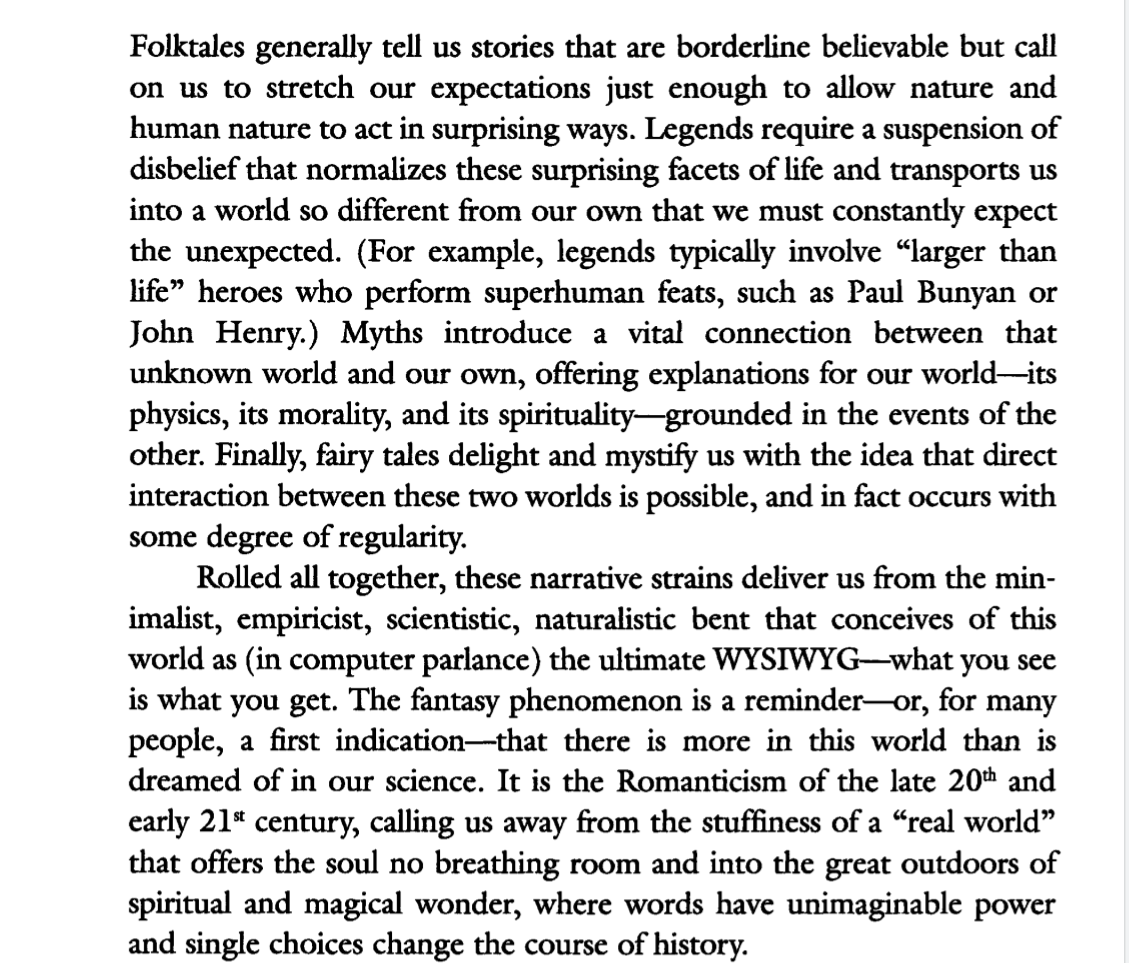Prince Caspian: Out of Sight, Out of Heart and Mind

Time here and time there are not the same. Time isn't what we imagine it to be anyways. The four have lived a year in England, a year of returning to their normal lives as young people. Suddenly they are called back to Narnia, a thousand years having passed, the triumph over evil and the presence of Aslan nearly forgotten. A hard to hear future if you are in the middle of the first blushes of conviction, much easier to identify with as habitual (but busy) followers of Jesus. Time and difficulty stretch out between us and our deepest encounters with the Trinity, we get caught in the demands of life and the expectations of a society that is highly materialistic, mechanistic, and narcissistic. February 16th is our gathering to discuss Prince Caspian, and perhaps some of what is below will encourage your reflections on how this second book connects to you and our lives.
Psalm 98:7-9
7 Let the sea roar, and all that fills it;the world and those who live in it.
8 Let the floods clap their hands;
let the hills sing together for joy
9 at the presence of the Lord, for he is coming
to judge the earth.
He will judge the world with righteousness,
and the peoples with equity.
One of the ideas that hovers in the background is the concept of Natural Theology. Can the will of God, even the existence of God, be discerned without trusting in revelation; and can we know good and evil, right and wrong, outside of revelation and religion. Watch this video and consider how some of what is presented connects to goings on in Prince Caspian.
Narnia has, in the experience of many creatures we meet, become dis-enchanted. Amazing illogical things are not expected, the stories of Old Narnia sometimes held preciously, but mostly treated as childish fluff of no substance. Lewis wrestled with this same mechanistic loss of wonder in our society and PC is exploring a variety of the effects of this cloud of reason. Here is a section of a journal article by James F. Sennett called 'From Narian to Hogwarts' in the Stone-Campbell Journal (v7, spring 2004)

Three of the characters we come to know most completely in PC are Trumpkin, Trufflehunter, and Nikabrik who may represent three responses to this dis-enchantment: agnosticism, believer, and atheist. The first and the last of those two ideas are often confused, and rarely is a Narnian or Earthian entirely one or the other. Which characters exhibit these three categories - and how does this change or impact their story?
Finally for the deep reader here are three short articles to make our way through the night with:
From Mockingbird Magazine (subscribe to their posts!) a piece about CS Lewis that connects with the themes of PC.
From CS Lewis Review a big picture reflection on PC.
And an essay connecting the PC text to the motions of the gospel of John.